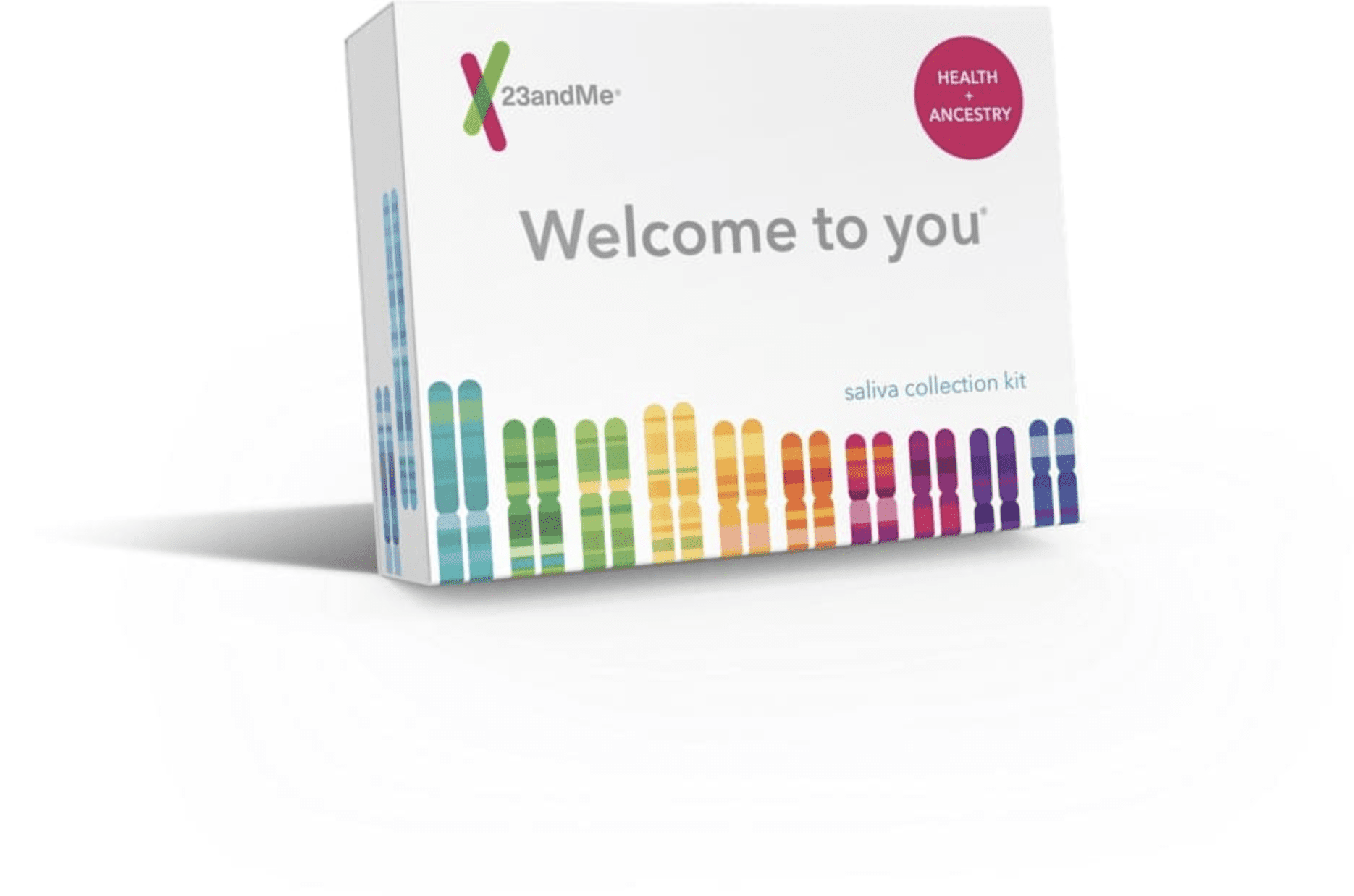Let's talk aboutNijmegen Breakage Syndrome
What is Nijmegen breakage syndrome?
Nijmegen (pronounced “NY-may-gen”) breakage syndrome is a rare genetic disorder. It is characterized by developmental delay, recurring infections, and an increased risk of cancer. A person must have two variants in the NBN gene in order to have this condition. People with just one variant in the NBN gene are called carriers. They’re not expected to have Nijmegen breakage syndrome themselves, but they could pass their variant on to their future children.
The genetics behind Nijmegen breakage syndrome
Nijmegen breakage syndrome is caused by variants (differences) in the NBN gene. The NBN gene contains instructions for making a protein called nibrin. This protein plays several vital roles in the cell, including repairing damaged DNA. Certain variants in NBN result in a shortened version of the protein with a reduced ability to repair damaged DNA.

What are the symptoms of Nijmegen breakage syndrome?
Symptoms of Nijmegen breakage syndrome include a small head size, developmental delay, recurring infections, and an increased risk for cancer. Symptoms typically develop before birth.
Did you know?
Nijmegen breakage syndrome is most common in people of Eastern European descent, particularly of Slavic descent.
Explore More
The 23andMe Nijmegen Breakage Syndrome Carrier Status report* can tell you whether you may be a carrier for Nijmegen breakage syndrome. Being a carrier means you have a genetic variant that you could pass down to your future children. 23andMe tests for one variant in the NBN gene linked to Nijmegen breakage syndrome. 23andMe does not test for all possible genetic variants linked to Nijmegen breakage syndrome, and individuals who have zero variants detected still have a chance of being a carrier for Nijmegen breakage syndrome.
The Nijmegen Breakage Syndrome Carrier Status report is included in the 23andMe Health + Ancestry Service.

Health + Ancestry Service
*The 23andMe PGS test uses qualitative genotyping to detect select clinically relevant variants in the genomic DNA of adults for the purpose of reporting carrier status and reporting and interpreting genetic health risks. The relevance of each report may vary based on ethnicity. Our carrier status reports can be used to determine carrier status, but cannot determine if you have two copies of any genetic variant. These carrier reports are not intended to tell you anything about your risk for developing a disease in the future or anything about the health of your fetus, or your newborn child’s risk of developing a particular disease later in life. For certain conditions, we provide a single report that includes information on both carrier status and genetic health risk. The Nijmegen Breakage Syndrome Carrier Status report is indicated for the detection of one (1) variant in the NBN gene and is most relevant for people of Eastern European descent. For important information and limitations regarding each carrier status report, visit 23andme.com/test-info.
References
Varon R et al. (1999). “Nijmegen Breakage Syndrome.” [Accessed Aug 27, 2020].